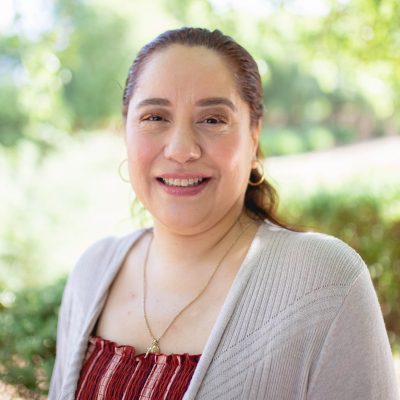If you find yourself struggling, feeling overwhelmed or experiencing painful emotions in your everyday life or perhaps experiencing triggers from past trauma, I work with people like you, who sometimes get stuck in a cycle of self-defeating behavior in your personal life and relationships. Together we can address your needs of improving your quality of life such as helping you manage stress and anxiety. We would start by creating a collaborative relationship. I facilitate this by doing my best to create a comfortable space where you can share not only your issues, but one that helps shape your ideas for growth and change
My job is to provide you with information, empathy, and understanding to support you on your journey of personal growth for individuals and couples. I focus on bringing a wide range of healing interventions that focus on the whole person, mind, body and spirit, that allow for emotional regulation, clear thinking and intentional action.
There are times in our lives when it makes sense to reach out for help and support. I commend you for recognizing that time and taking action as it often comes when we feel pretty low and vulnerable. This is why I am standing by with compassion ready to meet you where you are at and help you take the next steps to build the life you want.

© 2024 Arizona Connection Counseling. All Rights Reserved.
By Kelly Lopez
If it’s not about the food, what is it really about?